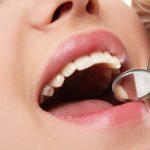How Many Teeth Should a OneYearOld Have? A Comprehensive Guide to Infant Dental Health
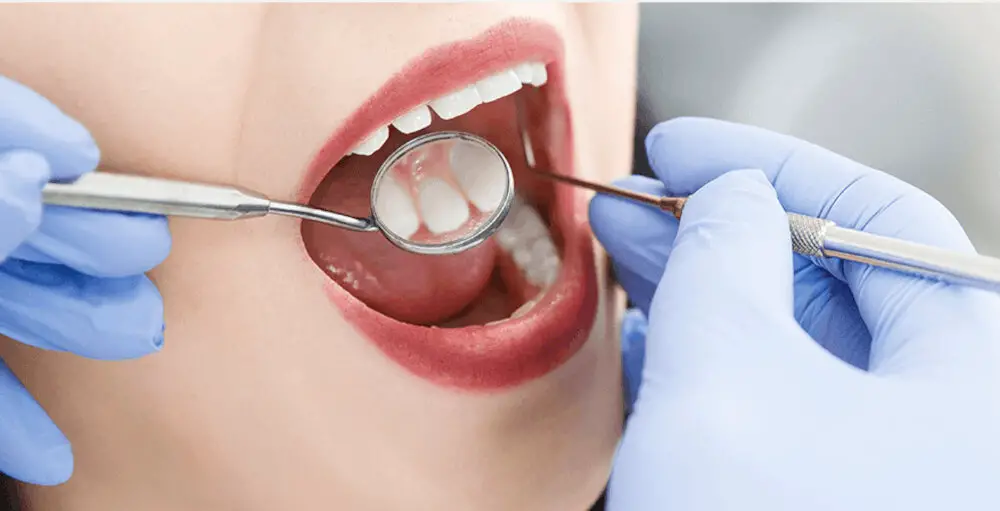
As parents, we are always concerned about our child’s health and well-being. One crucial aspect of infant health that is sometimes overlooked is dental hygiene. Keeping your baby’s teeth healthy is essential for their overall development and can prevent future dental issues. But how many teeth should a one-year-old have, and how can you ensure their dental health? This comprehensive guide will provide all the information you need to keep your baby’s teeth healthy and strong. Baby teeth, also known as primary teeth, usually start to appear when your child is around six months old. By the time they reach their first birthday, most babies will have at least one tooth. However, the number of teeth can vary greatly from one child to another. Some babies may have only one or two teeth, while others may have up to eight teeth. Regardless of the number of teeth, it’s crucial to start taking care of them early on to prevent dental problems in the future. This guide will cover everything you need to know about infant dental health, including how many teeth your one-year-old should have, how to care for their teeth, and what to do if you notice any issues.
Infant dental health is crucial for the overall well-being of a child. It is essential to maintain healthy teeth and gums from an early age to prevent dental problems in the future. Poor dental health in infants can lead to tooth decay, gum disease, and even tooth loss, which can affect their speech, eating habits, and self-esteem. Moreover, research has shown that dental problems in infants can lead to systemic health issues such as heart disease, diabetes, and respiratory problems. Therefore, it is essential to establish good dental habits from an early age, including regular dental checkups, brushing and flossing, and a healthy diet to ensure optimal oral health throughout a child’s life.
This comprehensive guide to infant dental health, titled \How Many Teeth Should a One-Year-Old Have\, will cover all the essential information parents need to know about their baby’s teeth and how to maintain their oral health. The article will delve into the timeline of when a baby’s teeth start to erupt, how many teeth they should have at each stage of development, and what to expect during teething. Additionally, it will offer practical tips on how to care for your baby’s teeth, such as brushing and flossing techniques, what foods to avoid, and how to prevent common dental problems, such as cavities and gum disease. By following the advice provided in this guide, parents can help ensure their child’s oral health remains in tip-top shape from the very beginning.
When Do Babies Start Teething?
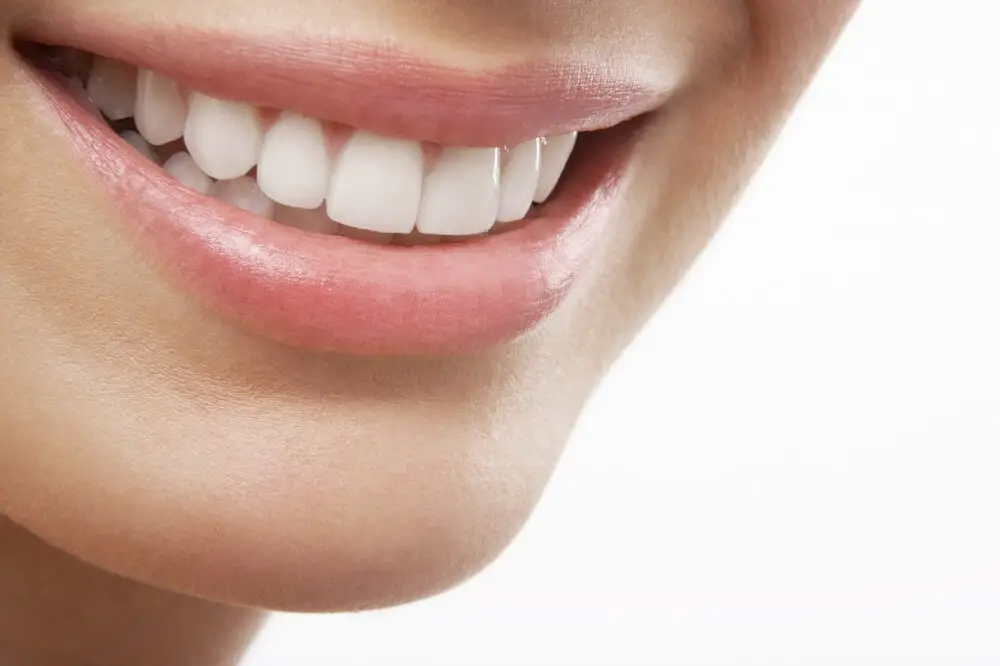
The process of teething is a momentous milestone in the life of an infant. It marks the beginning of the growth and development of teeth that will serve them throughout their lifetime. Typically, babies start teething between 4 and 7 months of age, although some infants may start as early as 3 months, or as late as 12 months. The process is gradual, with the lower front teeth being the first to emerge, followed by the upper front teeth, molars, canines, and finally the second molars. By the age of three, most children will have their full set of primary teeth, which are eventually replaced by permanent teeth. Teething can be a challenging time for both babies and parents, as it can cause discomfort, irritability, and sleepless nights. However, there are several ways to ease the symptoms of teething, such as using teething rings, rubbing the gums with a clean finger, and providing cold, soft foods. It is also essential to maintain good oral hygiene during teething, by gently brushing the baby’s teeth with a soft brush and fluoride toothpaste and scheduling regular dental checkups. By following these measures, parents can help their babies navigate the process of teething smoothly and ensure that their dental health is on track.
The average age of teething onset varies from child to child, but typically occurs between 4-7 months of age. Teething can cause discomfort and irritability in infants, as their first set of teeth begin to emerge through the gums. The first teeth to appear are usually the lower central incisors, followed by the upper central incisors, and then the lateral incisors. By the age of one, most infants will have between six to eight teeth, including their first molars. It’s important for parents to monitor their child’s dental health from an early age and to establish good oral hygiene habits to promote healthy teeth and gums throughout their child’s life.
Teething is a natural process that happens when a baby’s teeth start to emerge from their gums, and it can be a painful and uncomfortable experience for both the baby and the parents. Some of the signs that a baby is teething include drooling, biting or chewing on objects, swollen or red gums, fussiness or irritability, changes in sleep patterns, and loss of appetite. Other signs may include a low-grade fever, diarrhea, or a rash around the mouth. It’s important to remember that every baby is different, and some babies may experience more or fewer symptoms than others during teething. Parents can provide comfort to their teething baby by offering teething toys or cold objects to chew on, gently massaging their gums, and using over-the-counter pain relief medication if necessary.
Teething can be a painful and uncomfortable experience for infants, but there are a variety of remedies that can help alleviate their discomfort. One option is to use a clean, damp cloth or a chilled teething ring to gently massage their gums. Another remedy is to offer them cold or frozen foods such as bananas or yogurt, which can help numb the pain and provide relief. Additionally, natural remedies such as chamomile tea or clove oil can also be effective in reducing inflammation and pain. It’s important to consult with a pediatrician or dentist before trying any new teething remedies to ensure they are safe and appropriate for your child.
How Many Teeth Should a OneYearOld Have?

The topic of infant dental health is an important one that every parent should be aware of. One of the questions that many parents have is how many teeth should a one-year-old have. Generally, by the age of one, most infants will have between six and eight teeth. These teeth are typically the lower and upper central incisors, although some infants may also have their first molars by this age. It’s important to note, however, that every child is different, and some may have more or fewer teeth than others. While it’s important to keep an eye on the number of teeth your one-year-old has, it’s even more important to focus on maintaining good oral hygiene habits. This includes brushing your child’s teeth twice a day with a soft-bristled brush and fluoride toothpaste, as well as scheduling regular dental check-ups. Additionally, be sure to avoid giving your child sugary drinks or snacks, as these can contribute to tooth decay. By taking these steps, you can help ensure that your child’s teeth stay healthy and strong as they continue to grow and develop.
By the age of one year, babies usually have 8 teeth in total, which are all incisors. The four upper and four lower incisors are the first teeth to erupt in a baby’s mouth. It is important to note that the timing of teething can vary among babies and not all babies will have the same number of teeth by their first birthday. However, if a baby has significantly fewer or more teeth than the average range, it can be a sign of a dental problem or developmental issue and should be evaluated by a pediatric dentist. It is essential for parents to prioritize infant dental health to ensure that their child’s teeth develop normally and stay healthy throughout their life.
Tooth development is a complex process that can be influenced by various factors. Genetics play a significant role, as certain genes can affect the size, shape, and number of teeth that a child will develop. Nutritional deficiencies, such as a lack of calcium or vitamin D, can also impact tooth development. Environmental factors, such as exposure to certain chemicals or medications, can affect the growth and development of teeth. Additionally, habits such as thumb-sucking or pacifier use can impact the alignment and spacing of teeth. It is important to monitor these factors and take steps to support healthy tooth development in infants and young children.
Regular dental checkups play an essential role in maintaining good oral health, starting from an early age. Infants should have their first dental visit as soon as their first tooth appears, or by their first birthday. These checkups allow dentists to detect any dental problems early on, such as cavities, gum disease, or misaligned teeth. Early detection of oral health issues can prevent further complications and provide more effective treatment options. Additionally, regular dental checkups can help identify any potential developmental issues or habits that may affect the growth and health of a child’s teeth. By promoting good oral hygiene habits and scheduling regular dental visits, parents can help their children maintain healthy teeth and gums for a lifetime.
Caring for Your Baby’s Teeth

Caring for your baby’s teeth is an essential part of maintaining their overall health and well-being. Even though primary teeth are eventually replaced by permanent teeth, they play a crucial role in helping your baby chew, speak, and maintain the proper spacing for the developing adult teeth. Regular oral care practices should begin even before the first tooth emerges. Parents can clean their baby’s gums with a clean, damp cloth after feeding to remove any bacteria or food residue. Once the teeth begin to emerge, it’s essential to start brushing them with a soft-bristled brush and water. Avoid using toothpaste until your child is two years old, as they may swallow it and suffer from fluoride poisoning. Additionally, it’s important to limit your baby’s intake of sugary drinks and snacks, as these can lead to tooth decay and cavities. Instead, encourage healthy eating habits and give your baby water to drink throughout the day. Regular visits to the dentist are also recommended, starting from the first tooth eruption or no later than the first birthday. A pediatric dentist can help identify any potential oral health issues and provide guidance on proper oral care techniques. By following these guidelines, parents can help ensure their baby’s teeth are healthy and strong, setting the foundation for a lifetime of good dental health.
Cleaning baby teeth is an essential part of maintaining good oral hygiene for infants. Parents should start cleaning their baby’s teeth as soon as they appear. Use a small soft-bristled toothbrush and a tiny amount of fluoride toothpaste to brush the teeth gently. Avoid using too much toothpaste, as babies may swallow it. Parents should also avoid giving their babies sugary drinks and snacks, as this can lead to tooth decay. Instead, offer healthy snacks like fruits and vegetables. Lastly, schedule regular dental check-ups for your baby, as early detection of dental problems can prevent them from becoming worse. By following these tips, parents can help their babies maintain healthy teeth and gums.
When it comes to infant dental health, choosing the right toothbrush and toothpaste is essential. There are several types of toothbrushes available, including manual and electric, and soft-bristled and hard-bristled options. For infants, a soft-bristled manual toothbrush is recommended, as it is gentle on their developing teeth and gums. As for toothpaste, parents should look for a fluoride-free option until the child is able to spit and rinse effectively. Once the child can spit and rinse, a fluoride toothpaste can be used to help prevent cavities. There are also natural and organic options for both toothbrushes and toothpaste available on the market. Ultimately, the key is to choose a toothbrush and toothpaste that is safe, effective, and age-appropriate for the child.
A healthy diet is crucial for the overall wellbeing of an infant, especially when it comes to dental health. The nutrients obtained from a balanced diet play a significant role in the development and maintenance of strong teeth and gums. Foods rich in calcium, vitamin D, and phosphorus help in the formation of healthy tooth enamel and jawbone. Additionally, a diet rich in fruits and vegetables provides essential vitamins and minerals that strengthen the immune system, keeping gum disease and tooth decay at bay. Therefore, it is important to ensure that infants are provided with a healthy and balanced diet that meets their nutritional needs for optimal dental health and overall growth and development.
Common Dental Issues in Infants
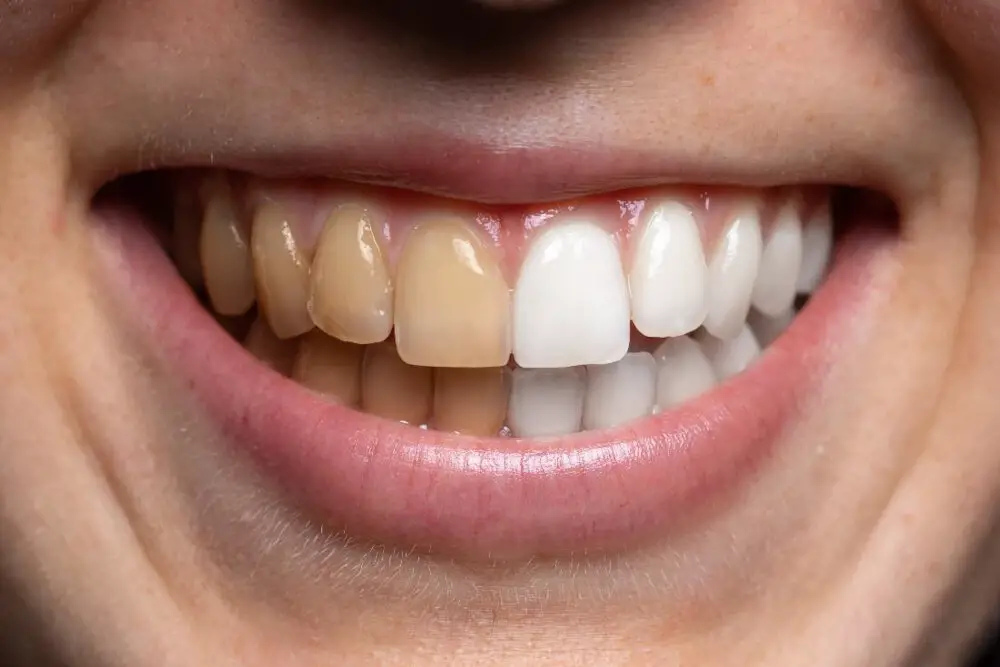
Infant dental health is a crucial aspect of overall child development. However, dental issues are common in infants, and parents must be aware of them to ensure prompt treatment and proper oral care. One of the most common dental issues in infants is tooth decay, which can occur due to poor oral hygiene, frequent bottle-feeding, or sugary drinks. Tooth decay can cause pain, discomfort, and even affect the child’s ability to eat and speak. Therefore, parents must ensure that their infants’ teeth are cleaned regularly and avoid giving them sugary drinks or snacks. Another common dental issue in infants is teething, which can cause discomfort and irritability. Teething usually starts between 6 to 12 months of age when the first teeth begin to emerge. Parents can ease this discomfort by giving their infants teething toys, chilled pacifiers, or rubbing their gums with a clean finger. However, it’s essential to avoid giving infants teething biscuits or other solid foods as they can pose a choking hazard. Additionally, parents must ensure that their infants’ teeth are checked regularly by a pediatric dentist to identify any potential dental issues and provide appropriate treatment. With proper oral care and regular dental checkups, parents can ensure their infants’ dental health and promote healthy growth and development.
Baby bottle tooth decay is a serious dental condition that affects infants and young children. It occurs when a baby’s teeth are exposed to sugary liquids or foods for extended periods, such as formula, juice, or milk. These substances can stick to the teeth and form plaque, which then leads to the formation of cavities and decay. The front teeth are most commonly affected by this condition, and it can cause pain, discomfort, and even tooth loss. To prevent baby bottle tooth decay, it is essential to practice good oral hygiene, limit sugary drinks and foods, and avoid putting babies to bed with a bottle. Parents and caregivers should also schedule their child’s first dental appointment by their first birthday to ensure proper dental care.
Thumbsucking and pacifier use are common habits among infants and young children. While they provide comfort and a sense of security, they can also lead to dental problems if not addressed early on. Thumbsucking can cause misalignment of teeth and affect the development of the jaw, while pacifier use can also cause similar problems if used for an extended period of time. It is recommended that parents encourage their children to stop these habits by the age of three, and if necessary, seek the help of a pediatric dentist or other healthcare professional. Regular dental check-ups and good oral hygiene practices can also prevent any long-term effects on dental health.
Early childhood caries, also known as baby bottle tooth decay, is a common dental issue among infants and young children. This condition occurs when the child’s teeth are frequently exposed to sugary drinks or foods, such as milk, juice, or candy. The bacteria in the mouth feed on these sugars and produce acid, which gradually erodes the tooth enamel. If left untreated, early childhood caries can cause pain, infection, and even tooth loss. Therefore, it is crucial for parents and caregivers to practice good oral hygiene habits and limit the child’s intake of sugary foods and drinks. Regular dental checkups and cleanings can also help detect and prevent early childhood caries.
In summary, the dental health of infants is crucial and should be taken seriously. Parents should ensure that their child’s teeth are cleaned regularly and that they visit a dentist by their first birthday. It is recommended that babies have around 6-10 teeth by their first birthday, but the exact number can vary. Parents should also be mindful of their child’s diet and avoid giving them sugary foods and drinks. Additionally, parents should be aware of any signs of dental problems such as tooth decay or gum inflammation and seek medical attention immediately. By following these guidelines, parents can ensure that their child’s teeth grow strong and healthy.
Infant dental health is crucial for the overall well-being of young children. Many parents tend to overlook the importance of dental care for infants, which can lead to complications and problems in the future. It is essential to take care of a child’s teeth from the moment they start to emerge, as early dental problems can have long-term effects on a child’s oral health. Parents should ensure that their child gets regular dental check-ups and cleanings, as well as follow proper oral hygiene practices at home. By emphasizing the importance of infant dental health, parents can help their child develop healthy teeth and gums, which can lead to a lifetime of good oral health.
As parents, it is our responsibility to ensure that our children receive comprehensive dental care from an early age. Neglecting their dental health can lead to serious consequences, such as tooth decay, gum disease, and even more severe health problems. Therefore, it is essential that we prioritize our child’s dental care by scheduling regular checkups with a pediatric dentist, encouraging good oral hygiene habits, and monitoring their diet to avoid sugary foods and drinks. By taking these simple steps, we can help our children maintain healthy teeth and gums, ensuring a lifetime of good oral health. Remember, prevention is always better than cure, and investing in our child’s dental health today will pay off in the long run.
Conclusion
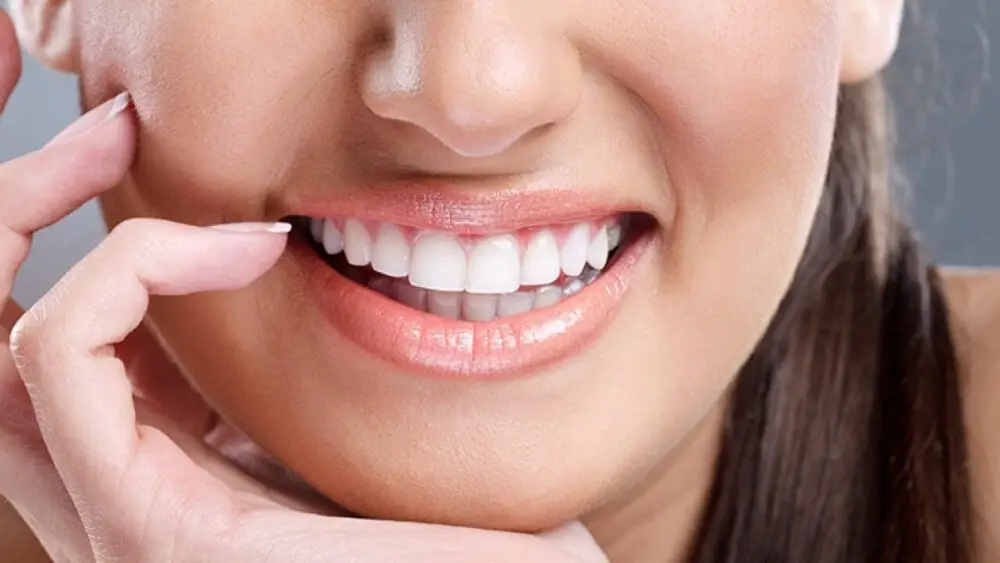
In conclusion, proper dental care for infants is crucial for their overall health and well-being. By the age of one, a child should have around 8 teeth, including their incisors and molars. Parents and caregivers should take the necessary steps to ensure their child’s dental health, such as cleaning their teeth twice a day with a soft-bristled brush and avoiding sugary and processed foods. Regular dental check-ups are also essential to catch any potential issues early on. By following these guidelines and prioritizing infant dental health, parents can set their children up for a lifetime of healthy teeth and gums.





